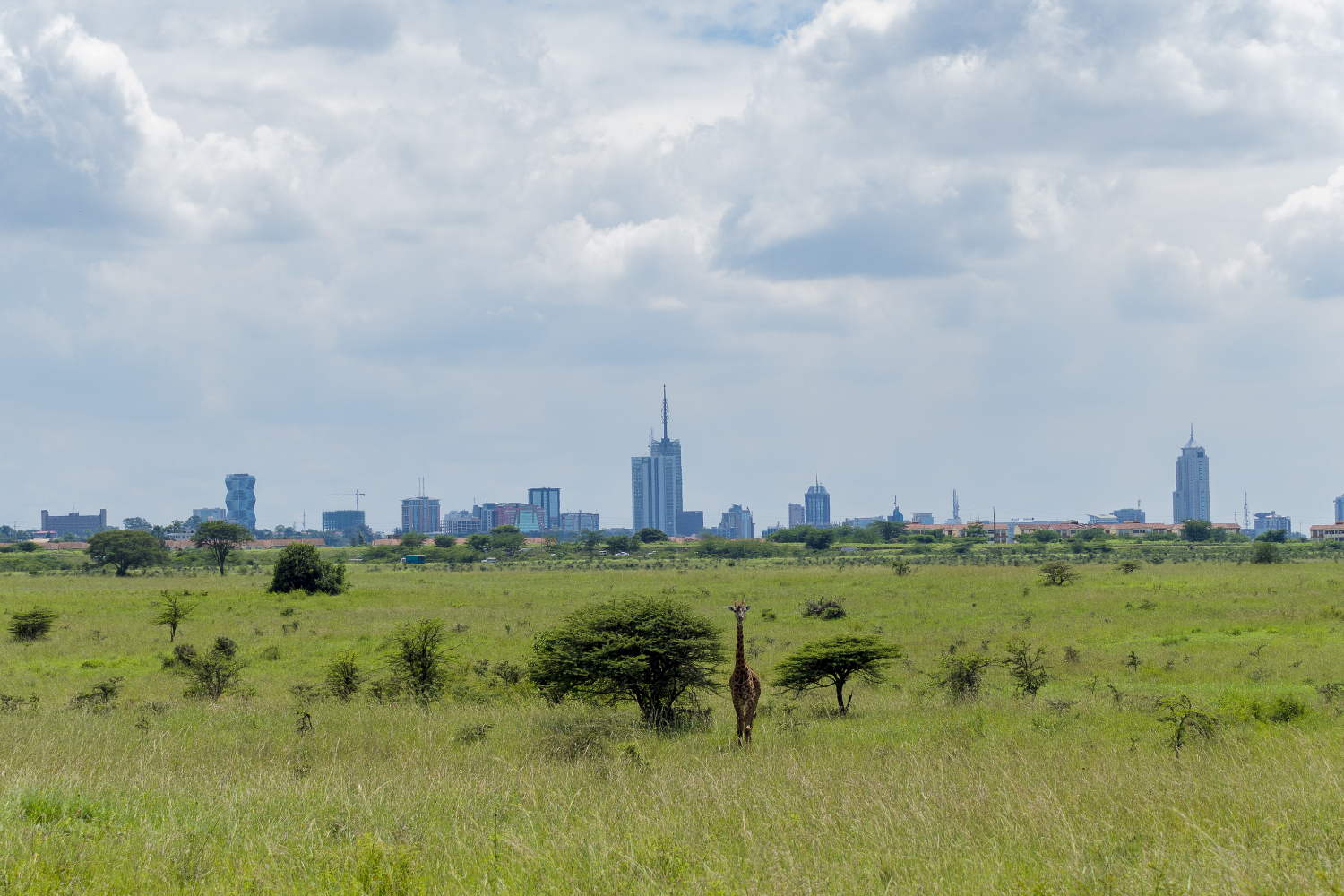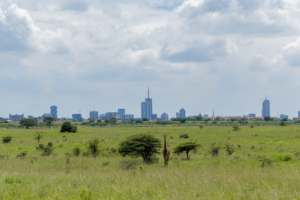<この記事のポイント>
- 2008年に発表されたアフリカ初のスマートシティプロジェクト「Konza City」は、13年経った現在もほとんど進展しておらず、プロジェクトの先行きは不透明
- 貧困と経済停滞の解決策として大量の雇用創出と国際的投資を約束するはずだったスマートシティだが、急速な都市化の一方でスラム化が深刻化するなど様々な問題や課題を抱えており、アフリカ全体としてプロジェクトは難航中
- スマートシティ・プロジェクトのローカライゼーションは、イノベーター、専門家、インキュベーターといったチームに、地元のノウハウを活かせる人材を積極採用することが肝要。プロジェクトビジョンが地域の想いや望みを反映したものになれば、スマートシティの成功に繋がる
They Seemed Like a Good Idea
In 2008 the Government of Kenya introduced its plan to build Africa’s first smart city, Konza City. It has been 13 years and Konza City is still far from complete. The Failed Promise of Africa’s Smart Cities places the issues of frustrated African smart city projects into context. Since 1960 African countries have continually embarked on building cities from scratch in attempts to reimagine themselves and to make a break from their colonial past. Smart cities reflect much of the same ambition but updated for the 21st Century. Smart cities offer the promise of mass job creation and international investment.
Kenya was the first African country to try and leverage smart cities as a solution to poverty and economic stagnation through innovative technology and establishment of regional financial centers. This proved to be the start of a continent-wide trend. For over the past decade, more than a half-dozen African countries have pursued smart cities. But of the smart cities that have been completed none have fully met their initial ambitions. Thus the challenges of Kenya’s Konza City’s illustrate the challenges facing smart cities continent-wide.

Issues and Challenges Around African Smart Cities
Smart cities have not demonstrated African parity with Western and Asian cities technologically and financially. Furthermore, once completed by the project sponsors, investors and the local public have not shown great enthusiasm for these projects. Consultants and multinational tech companies in many cases lobbied to loosen business regulations related to the projects, leading to land grabs, accelerated and unsustainable urbanification and ultimately increased slumification. The mandate of consultants supporting the implementation of smart cities is often limited to vision and strategy and does not include implementation. And the concept of smart cities tends to promote futurism over inclusivity and ties to the local culture and context.

Insights and ways forward
- African smart cities should be conceived in such a way that they are also relevant to the local population, for there tends to be too much focus on appealing to outside investors and multinational tech companies at the expense of elevating the local population.
- There needs to be greater sensitivity for the challenge of rapidly modernizing the economies of low-income countries. Smart city projects should ensure inclusivity and not unduly overburden government fiscal health.
- Localization of smart city projects, making sure that the vision reflects local aspirations, can be mainstreamed into the projects by working with local innovators, experts and incubators alongside international consultants, technology and finance firms. Mobilizing local know-how helps contribute to the success of a smart city.
In Kenya EIS has supported TMF to implement a smart village.The smart village, Kisii Smart Community, is a pilot to support Kenyan rural development, while leveraging African innovations in energy access, e-mobility, and GPS mapping, amongst others. In doing so EIS cultivated a network of local partners to ensure that the innovations are locally relevant and that the project is sustainably impactful.
Reference
- Rest of World
- Photo credit: Brian Otieno



